How the war in Ukraine is affecting the most vulnerable countries in the world
IFAD Asset Request Portlet
ناشر الأصول
How the war in Ukraine is affecting the most vulnerable countries in the world
المقدر للقراءة دقيقة 11As the war in Ukraine rages on, it is clear that this conflict—and its associated fallout—will not be short-lived. As a major food and commodities exporting region, the impact of the war on global food systems was immediate and significant.
No more strongly are these impacts felt than in vulnerable countries and communities who were major grain importers. Already reeling from COVID-19 and climate change, the poorest rural people now have a new obstacle to face.
They cannot respond to this global crisis on their own. That’s why IFAD set up the Crisis Response Initiative (CRI) to sustain hard-won gains in development while mitigating against new shocks.
Given the scale of the war’s impacts, IFAD is prioritizing countries in or at risk of debt distress. The Country Directors from the five highest priority countries tell us how the war is impacting people in already struggling rural communities.
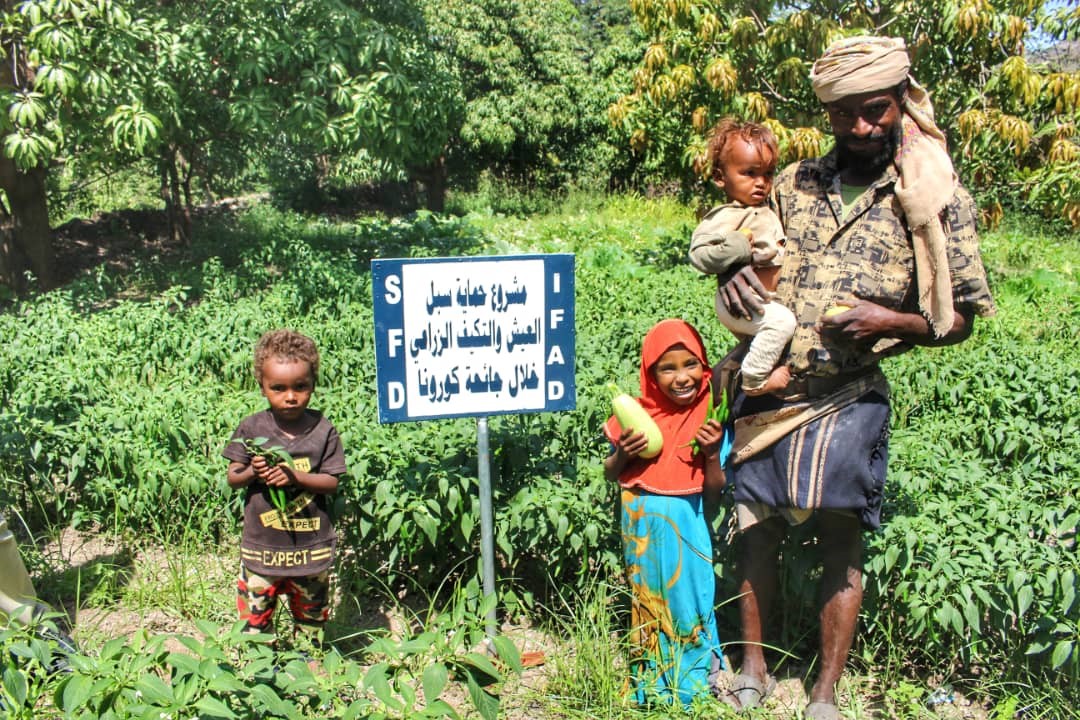 |
| © Social Fund for Development |
“Yemen has been in an armed conflict since 2015. But now a new war is upending people’s lives.” - Umit Mansiz in Yemen
Yemen has been in an armed conflict since 2015. It remains one of the largest humanitarian crises in the world, leaving three in four Yemeni people in need of humanitarian assistance. The conflict has dramatically disrupted economic activities and agricultural production, which is the main source of income for most households. Many people are resorting to negative coping mechanisms such as selling their assets, which weakens their resilience.
But now the war in Ukraine is upending lives in Yemen, as food and fuel prices soar and food security gets even worse. Yemen’s cereal import dependence ratio is 97 per cent, with Russia and Ukraine accounting for the largest share of wheat imports (42 per cent).
With agricultural production and purchasing power plummeting, people in Yemen are finding it ever harder to source and pay for essentials, including the agricultural inputs that small-scale farmers need to grow food and feed their livestock.
IFAD will continue to invest in small-scale farmers at this critical time to protect vulnerable households against growing food insecurity, help them rebuild their livelihoods, and recover Yemen’s agricultural production capacity.
Find out more about our work in Yemen.
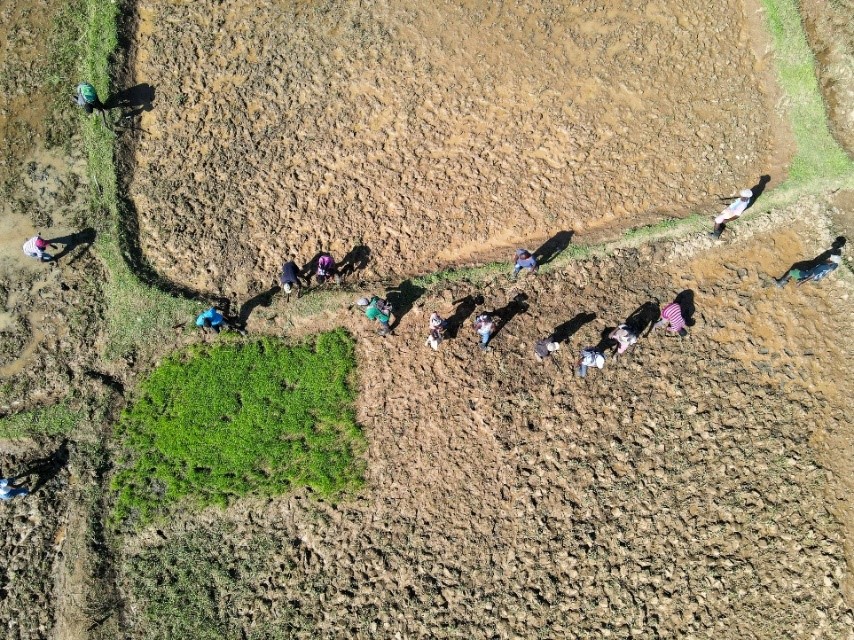 |
| © WFP/Theresa Piorr |
“The war is like pouring gasoline on an already raging fire.” - Paolo Silveri in Haiti
Haiti is the poorest country in Latin America and the Caribbean and is among the 13 most fragile countries in the world. Simply put, as commodity and food prices shoot up, it is like pouring gasoline on an already raging fire in Haiti.
With a poverty rate of nearly 60 percent, high inflation and a corresponding drop in purchasing power threatens to drive even more Haitians into poverty.
Fuel, when people in Haiti can access it, has tripled in price. This means that many people are turning to unreliable, dangerous, or even more polluting alternatives.
Despite the challenges of working in a highly fragile context, IFAD’s commitment to Haiti and its people is unwavering. We are working with other donors and international financial institutions to deploy a higher critical mass of financial and human resources. Through these economies of scale we efficiently, effectively and safely support more rural poor people in Haiti.
Our number one priority is to continue to improve the resilience of small-scale farmers in the country. By investing in them, they can contribute to local food supplies and ensure that—even when markets fail and goods cannot move freely—the people of Haiti can support themselves.
Find out more about our work in Haiti.
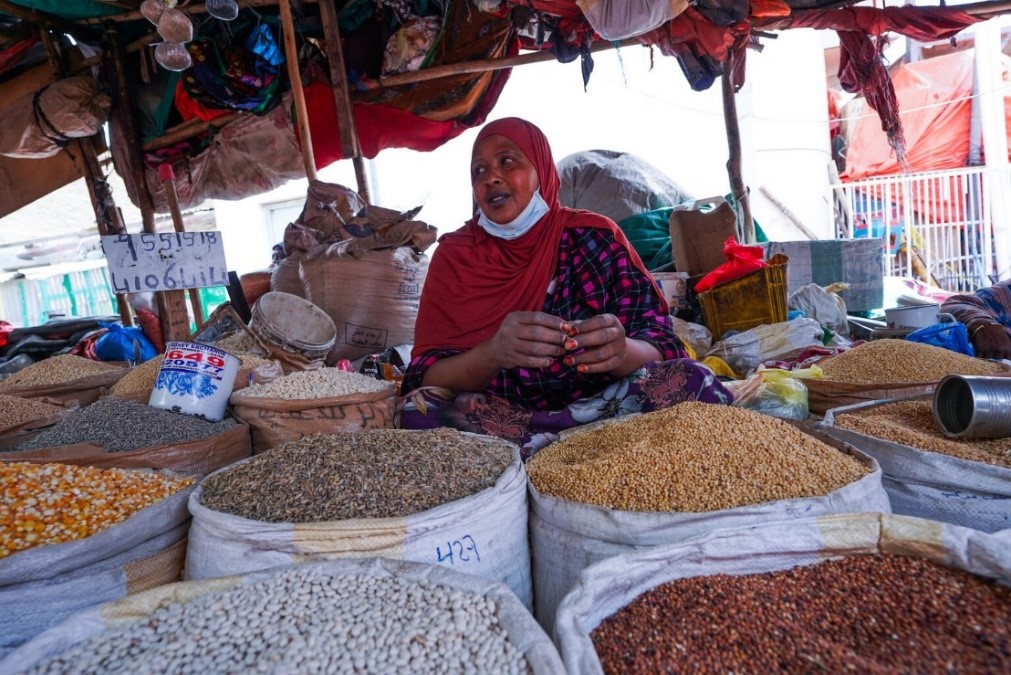 |
| © UNICEF/UN0663260/Sewunet |
“When 100 per cent of its wheat imports come from Russia and Ukraine, what is Somalia to do?” - Omar Ebrima Njie in Somalia
Even before the war in Ukraine, Somalia was suffering. It is one of the poorest countries in the world—and the second most fragile according to the Fragile States Index. Not only is it plagued by economic and political instability, Somalia is hit with frequent and intense natural disasters, such as drought and famine. According to WFP, 7.1 million Somalis are facing ‘crisis’ or worse food security outcomes, while over 213,000 people face catastrophic hunger and starvation.
When 100 per cent of its wheat imports come from Russia and Ukraine, what is Somalia to do? Poor rural farmers, pastoralists, and agro-pastoralists, already dealing with the compounding effects of conflicts, drought, climate change, locust invasions, and COVID-19, now have to grapple with price hikes in food and fuel combined with a drop in purchasing power. With extremely limited local food production, the food security situation in Somalia is looking bleak.
IFAD’s Crisis Response Initiative will provide some much-needed support to 36,000 small-scale producers, farmers, pastoralists, and agro-pastoralists in the most fertile but extremely poor parts of Somalia. By improving their access to markets and productive incomes, these farmers can earn an income, while strategically targeting investments to fertile areas optimizes local production and helps improve Somalia’s resilience.
Find out more about our work in Somalia.
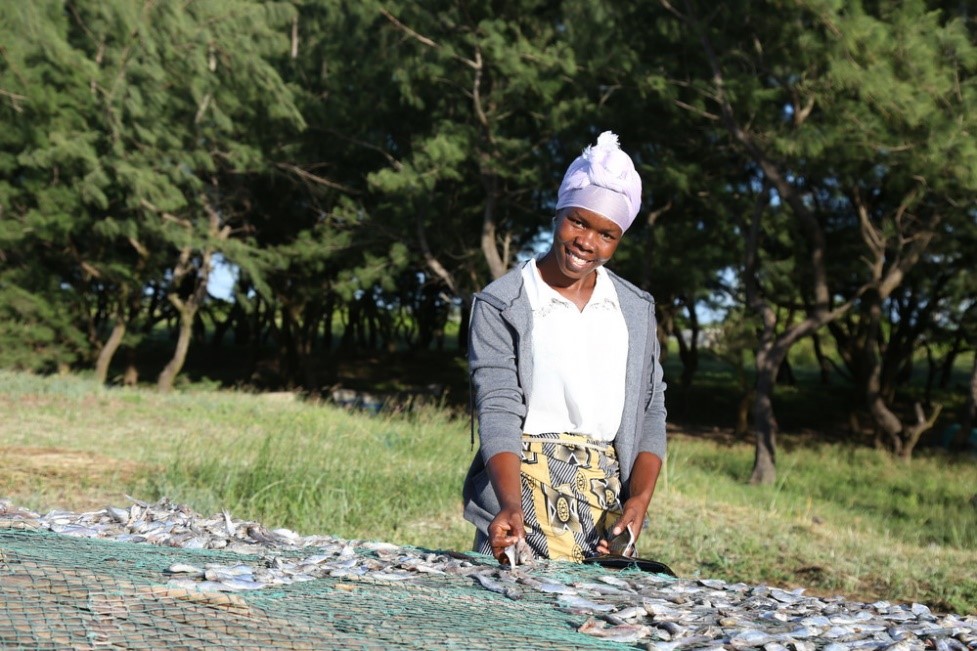 |
| ©IFAD/David Paqui |
“With 60 per cent of Mozambicans living in poverty, any increase in commodity prices will have a devastating effect.” - Ambrosio Barros in Mozambique
This crisis threatens to upset the significant progress Mozambique has made in recent decades. While Mozambique has limited trading with Russia and Ukraine, the global prices increases in cereal, fertilizer, and oil are having a negative effect on the country’s already weak economy and, like in many other countries, the inflation rate is expected to increase even more.
In the medium term as the increased price of gas may attract foreign investments in the country’s liquefied natural gas resources.
This, however, is of little comfort to the small-scale farmers who are suffering right now because of the increase in fuel prices and the subsequent increased costs in land preparation, irrigation, transport, and farming inputs, like fertilizers and pesticides.
The price of wheat and other basic food products have been increasing too. In Napula province, for example, IFAD beneficiaries say the price of a 50kg bag of wheat has increased around 15 per cent, from 1980 MT to 2280 MT (an increase of about US$ 5) while the price of fertilizer more than doubled from February to June this year. With 60 per cent of Mozambicans living in poverty, any increase in commodity prices will have a devastating effect.
As part of IFAD’s Crisis Response Initiative, Mozambique will receive US$ 3 million. These funds will focus on immediate interventions to improve food security. Cassava and potato seeds, both staple foods in Mozambique, will be distributed to small-holder farmers to increase the production of these crops at scale. The Crisis Response Initiative will also help finance farmer associations and the aquaculture value chain.
Find out more about our work in Mozambique.
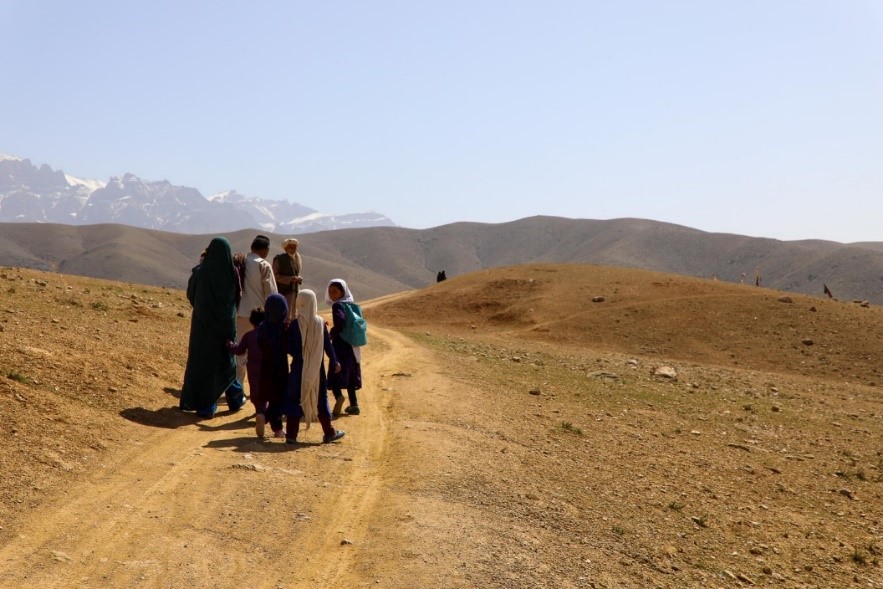 |
| © UNICEF/UN0612299/Fazel |
“Afghanistan risks being forgotten” - Jerry Pacturan in Afghanistan
Afghanistan has long struggled with the challenges of conflict, but this new distant war is taking an extra toll on the Afghan people. Add to this the compounding effects of COVID-19 and climate change, Afghan families and farmers are struggling to make ends meet and poverty is widespread.
As of March 2022, two in three Afghans face critical levels of food insecurity—a 15 per cent increase on the same period the previous year. As the war in Ukraine continues, so too will the food crisis in Afghanistan and across the world.
Agricultural production is the main source of income for Afghans who live in rural areas, but this has been hampered by two years of severe drought, multiple conflicts, an economic collapse, earthquakes, and now, disruptions in global market supply chains. Increased costs of imported food and fuel makes both producing food and buying it when it’s not locally available, almost impossible for most Afghans.
Even those who have livestock are struggling to keep them fed and healthy, with 41 per cent of people reporting a decrease in the number of livestock while more than 60 per cent of livestock are in critical condition due to feed shortage, animal health, and market failures.
The world’s eyes were on Afghanistan in August 2021, but now the country risks being forgotten by funding agencies. For IFAD, Afghanistan is a top priority. We are currently exploring solutions to implement our activities in a safe and coordinated way with other UN agencies and NGOs.
تاريخ النشر: 20 يوليو 2022